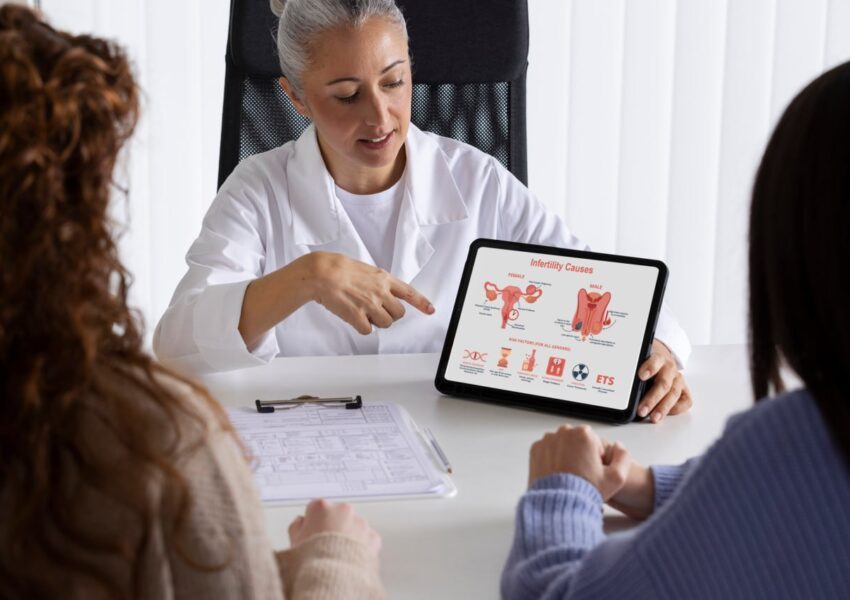
Views: 752
Discover the science behind reproductive and developmental processes with a postgraduate course. Get to further know their clinical applications and gain specialist knowledge as a scientist or clinician. Besides, you can also prepare for further training in IVF or embryology. Read on to further understand what to expect from such reproductive medicine courses.
Details Regarding the Courses
The biological, clinical and social issues associated with fertility, pregnancy, prenatal development and childbirth and included in such certificate courses in reproductive medicine. They further cover the basics of reproductive science and their clinical applications.
In addition, subjects varying from genetics, gonadal development, the production of gametes and embryo development, through to pregnancy and labour are taught in these courses. Furthermore, anomalies that affect fertility, fetal development and pregnancy are also covered as well as their treatments. Moreover, social issues, and the ethical and legal debates linked with reproductive medicine are also touched upon.
Lastly, every model is taught by experts who are clinicians, embryologists, reproductive counsellors, genetic testing specialists and scientists.
Customized Facilities
Most of the teaching happens in working maternity wards as well as the Reproductive and Developmental Medicine team. There will be an assisted conception unit, an andrology clinic, imaging, ultrasound and neonatal facilities and a dedicated teaching and lab space.
Research Project
You will get an opportunity to apply the knowledge you gain in the first half of your degree in a six- month research project in the second half. This will provide you with experience as a scientific researcher.
You will also get to select from an array of areas and find a research topic that matches your
interest. Projects may be based in the lab or will have a clinical focus. This will involve working with clinical data sets or directly with patients.
Mode Of Teaching
You will learn through lectures, seminars, tutorials, practical classes, independent study and your research project.
Evaluation
Assessment will be done through practical exercises with reflective reports, preparation of research articles, mock ethics committee presentations, systematic review and meta-analysis.
The research project is assessed through a poster presentation, short reflective reports, a thesis and a short oral exam based on your written work.
Courses like these are the perfect gateway to reproductive medicine training and a career in embryology or andrology. They are usually one year in duration. Hope you found this information helpful. Wishing you a successful career in Reproductive Medicine.
By : admin


